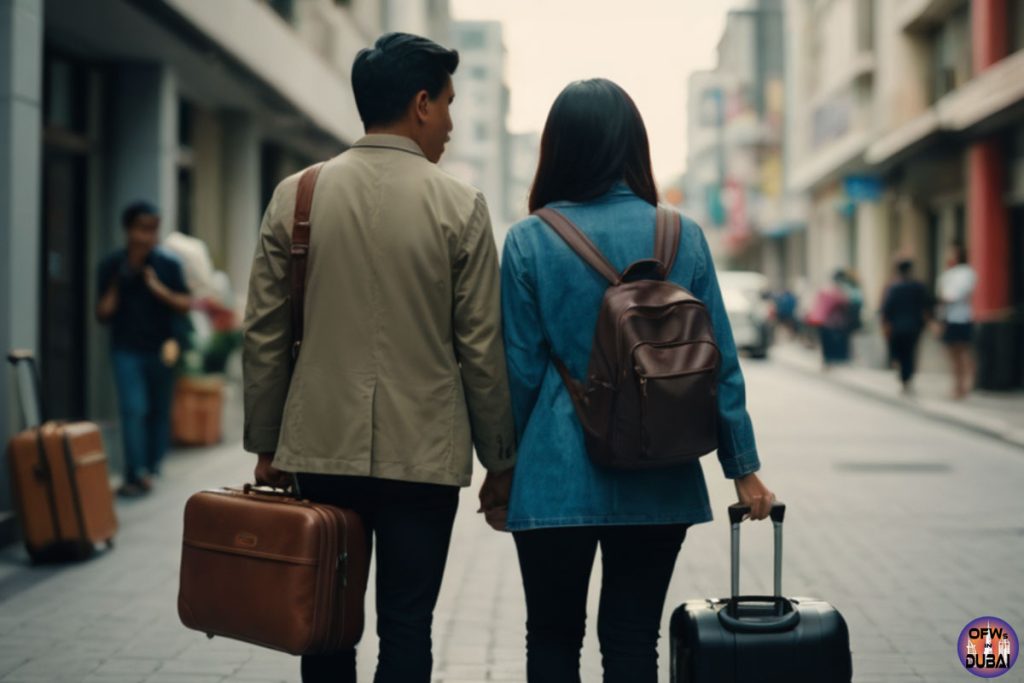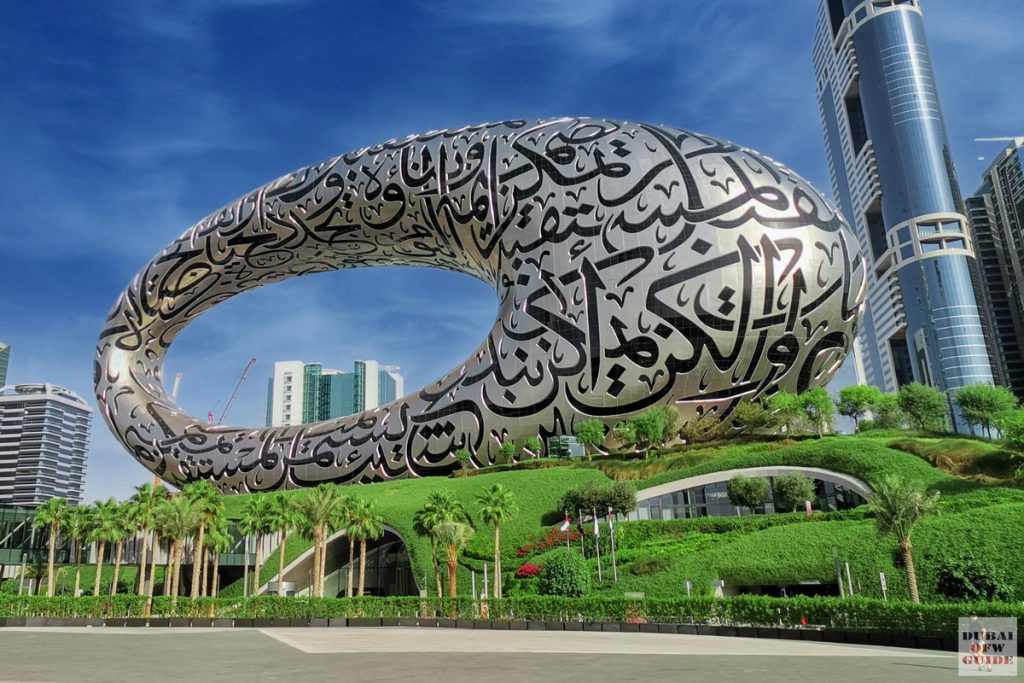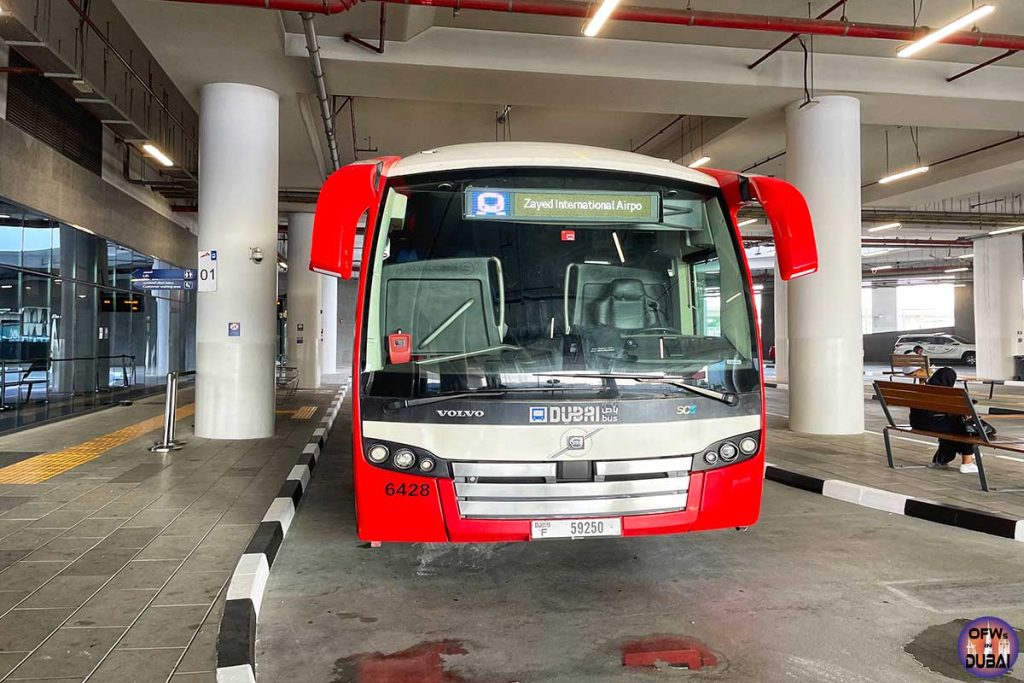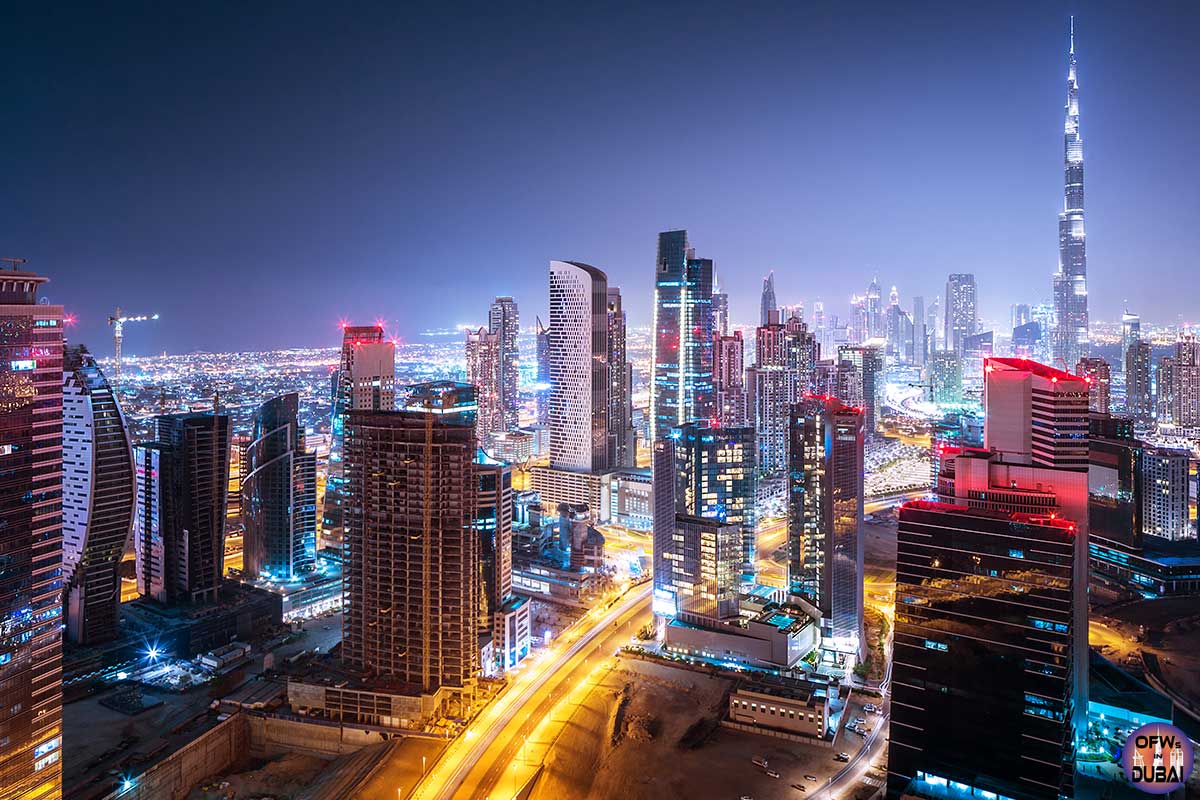
Even though Dubai is a modern city with luxurious skyscrapers and stunning attractions, it is still deeply rooted in traditional Islamic law, also known as Sharia Law. These laws and regulations influence many aspects of daily life, making it important for both tourists and expats or residents —including Filipinos— to be aware of rules that may seem unusual by international standards. Understanding these laws will help you avoid any unintentional legal issues during your time in Dubai.
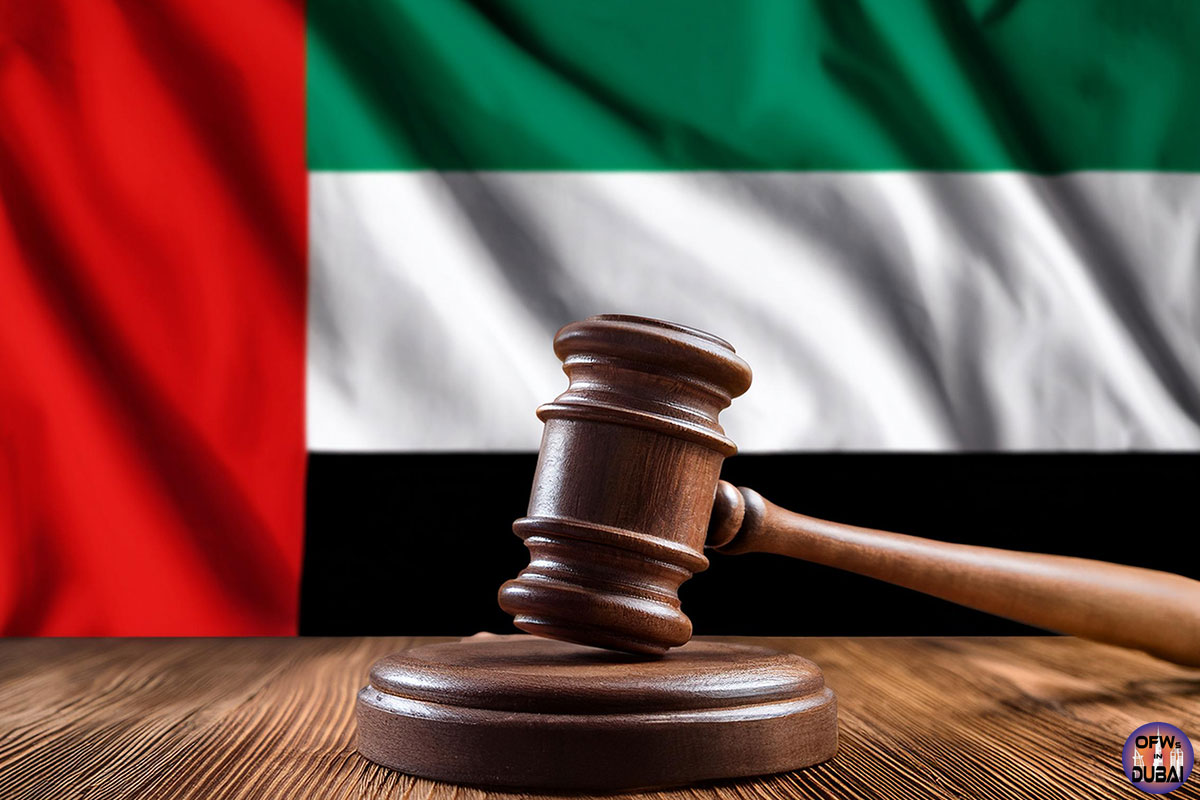
Guide to Dubai’s Uncommon Laws for Tourist and Expats
1. Public Displays of Affection
Public displays of affection like kissing and hugging are not acceptable in Dubai. Even holding hands can be frowned upon unless you’re married. Excessive displays of intimacy in public can result in fines or even jail time, so it’s best to keep romantic gestures private.
2. Checking Someone’s Phone Without Consent
Checking someone else’s phone without their consent, even if it’s a family member or spouse, is illegal in Dubai. This falls under the UAE’s strict privacy laws, and violating it can lead to imprisonment and hefty fines. Be sure to respect everyone’s privacy to avoid legal trouble.
3. Leaving Negative Reviews on Companies
Be careful when posting reviews online, especially if they are negative. Defamation laws in Dubai are strict, and companies can take legal action against individuals who leave defamatory comments or reviews. If you have a complaint, it’s better to address it through official channels rather than online.
4. Dirty Cars
Driving a dirty car in Dubai can result in fines. Authorities consider unclean vehicles, especially in upscale areas, an eyesore. If your car becomes dusty after a road trip or due to weather, make sure to clean it promptly to avoid penalties.
5. Washing Cars in Public Spaces
Washing your car in public areas, including streets and parking lots, is illegal. It’s considered a violation of public hygiene standards. Instead, take your car to an authorized car wash to avoid fines or other penalties.
6. Taking Photos or Videos of Accidents
Taking photos or videos of traffic accidents or victims is illegal in Dubai. Sharing such content on social media can result in severe consequences, including fines or jail time. If you witness an accident, it’s best to call for help rather than document the scene.
7. Spreading Rumors
Spreading rumors or false information is a serious offense in Dubai. This includes verbal statements, social media posts, and messages on platforms like WhatsApp. Sharing unverified information, especially if it defames a person or company, can lead to imprisonment or deportation.
8. Alcohol Consumption
Although alcohol is available in licensed venues, drinking outside these places without a permit is illegal. Public intoxication can result in arrests or fines. Even at home, residents must have an alcohol license to purchase or consume alcohol. It’s important to keep celebrations indoors and legal!
9. Swearing and Offensive Gestures
Swearing, making rude gestures, or using offensive language—whether in person or online—is strictly prohibited in Dubai. Even in private messages, such behavior can be reported and used as evidence. Violators can face fines or imprisonment, so it’s essential to stay polite, even when frustrated.
10. Photography Restrictions
Always be cautious when taking photos in Dubai. Taking photos of people without their consent, particularly women, is illegal. It’s also prohibited to photograph government buildings, military installations, or restricted areas. Violating these rules can lead to fines or more severe penalties.
11. Cross-Dressing
Cross-dressing or dressing in a way that doesn’t align with your biological gender is illegal in Dubai. Those who violate this law could face arrest or deportation. Always respect local customs and dress appropriately in public spaces.
12. Dress Code
Dubai has a relatively liberal dress code, but modesty is key in public areas like malls, government buildings, and religious sites. Revealing clothing can lead to fines or warnings, and both men and women are expected to cover their shoulders and knees in more conservative spaces.
13. Flirting or Inappropriate Behaviour
What may be considered harmless flirting in other parts of the world can be seen as harassment in Dubai. Winking, unsolicited advances, or overly friendly gestures can lead to legal consequences. It’s important to maintain boundaries and show respect in public interactions.
14. Possession of Poppy Seeds
Poppy seeds, commonly used in many cuisines, are strictly illegal in Dubai due to their association with opiates. Being caught in possession of poppy seeds, even unknowingly, can result in severe penalties, including imprisonment. Make sure to avoid carrying any food items containing poppy seeds into the country.
15. Eating and Drinking Inside the Metro
Eating or drinking on Dubai’s metro trains is strictly forbidden. This includes water or snacks, and violators can be fined up to AED 200. To avoid penalties, consume food and beverages before boarding or wait until you exit the train station.
16. Using VPNs
While it is legal to use VPNs for legitimate purposes—both personal and commercial—using them to access restricted content or for illegal activities is strictly prohibited in Dubai. If caught using a VPN for unlawful reasons, you could face hefty fines or imprisonment. Filipinos and other expats should ensure they follow the country’s internet regulations to avoid any legal issues.
17. Homosexuality
Homosexuality is illegal in Dubai, and public displays of affection between same-sex couples can lead to arrest, fines, or deportation. While this law is rarely enforced among tourists, it’s important to be aware of the legal stance on LGBTQ+ rights.
18. Illegal Fundraising and Donations
Raising money for charitable causes without government approval is against the law in Dubai. This applies to personal crowdfunding as well. Always ensure that any fundraising efforts are officially approved by the government to avoid legal trouble.
19. Ramadan Etiquette
During Ramadan, eating, drinking, or smoking in public during daylight hours is prohibited, even for non-Muslims. However, non-Muslims can eat and drink in private or in designated areas such as restaurants, coffee shops, and food courts. Violating this rule can result in fines or legal consequences, so Filipinos and other expats should be mindful of the customs during this holy month.
Related: Top 10 Cultural Etiquette Tips for OFWs in Dubai
Final Thoughts
Dubai offers an incredible lifestyle and many opportunities, but understanding its unique legal landscape is essential. Some of these laws may seem unusual or strict to newcomers, but they are a vital part of the country’s cultural and legal framework. By respecting these rules, tourists and residents alike can enjoy a safe and pleasant experience in this remarkable city.
Staying informed about these laws ensures that your time in Dubai is smooth and trouble-free. Whether you’re a Filipino, a first-time visitor, or planning to settle down, understanding and respecting local customs and regulations will help you navigate the city confidently.


